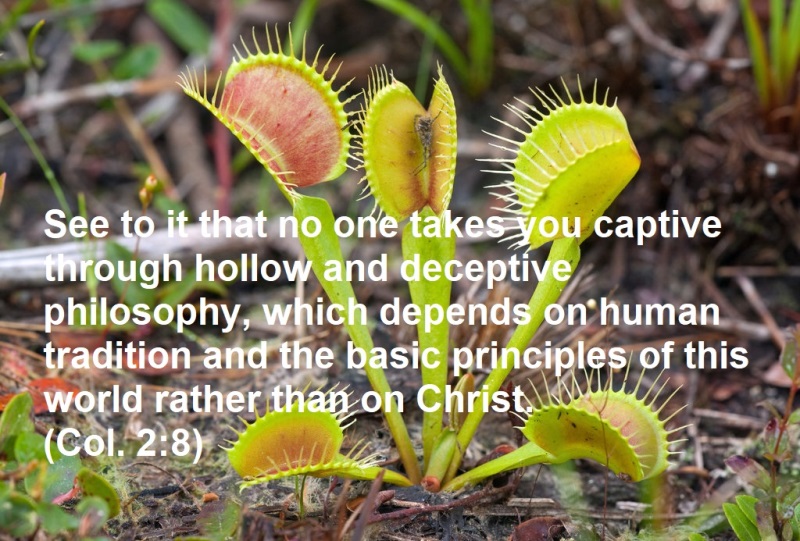
Part Three of Five: The Scientific Method Demonstrates Christianity Is Religious Truth!
Regarding the scientific method, let me say at the outset that I am not referring to the philosophy of science—scientism—that insists nothing can be considered true unless it passes through the filter of scientific testing. (By the way, this notion is a self-defeating proposition because the claim itself can’t be proven scientifically! *) Nor am I endorsing the naturalistic conclusions of secular science, such as Darwinism. But I am suggesting that the scientific method for discovering truth is the most reliable truth-test in almost all areas of knowledge.
Christian apologist and legal scholar Dr. John Warwick Montgomery explains: “[The] empirical or scientific method is the truly valid way of approaching truth because it alone can accomplish to the satisfaction of all what the other methods . . . cannot; not only do its results not need to be tested for error independently, but is in itself capable of determining what authority to follow and what common sense beliefs and presuppositions to hold. (The Shape of the Past: A Christian Response to Secular Philosophies and History, rev. ed., 265)
The scientific method for “approaching truth” comprises two essential ingredients: evidence and probability. As a system for discovering and confirming truth, the scientific method involves inductive reasoning; it accumulates reliable evidence that points to a general conclusion—but one established on the highest degree of probability attainable. Although probability leaves the door open for possible error, it is the closest we can come to determining truth outside of mathematics and formal logic—which, as I pointed out in Part Two, do not apply to most areas of knowledge.
If we apply the essential elements of the scientific method—inductive reasoning based on evidence and probability—to religion, we can demonstrate that Christianity is true to the highest level of certainty possible in religious knowledge. Thus, we can legitimately conclude that Christianity, as close as can be determined, is truth. Furthermore, if we apply this same truth-test—inductive reasoning based on evidence and probability—to non-Christian religions, we can demonstrate they do not have the overwhelming confirming evidences Christianity has: historical confirmation, fulfilled prophecy, eyewitness testimony, documented miracles, archaeological support, textual reliability, and so on. The probable conclusion is that non-Christians are Untrue.
Next week I’ll apply legal reasoning to Christianity and see if it can survive a modern court trial and demonstrate itself to be “The whole truth and nothing but the truth.”
For further study of the topics in this series, see my updated and expanded edition of Defending Your Faith; Reliable Answers for a New Generation of Seekers and Skeptic (Kregel publications, 2019).